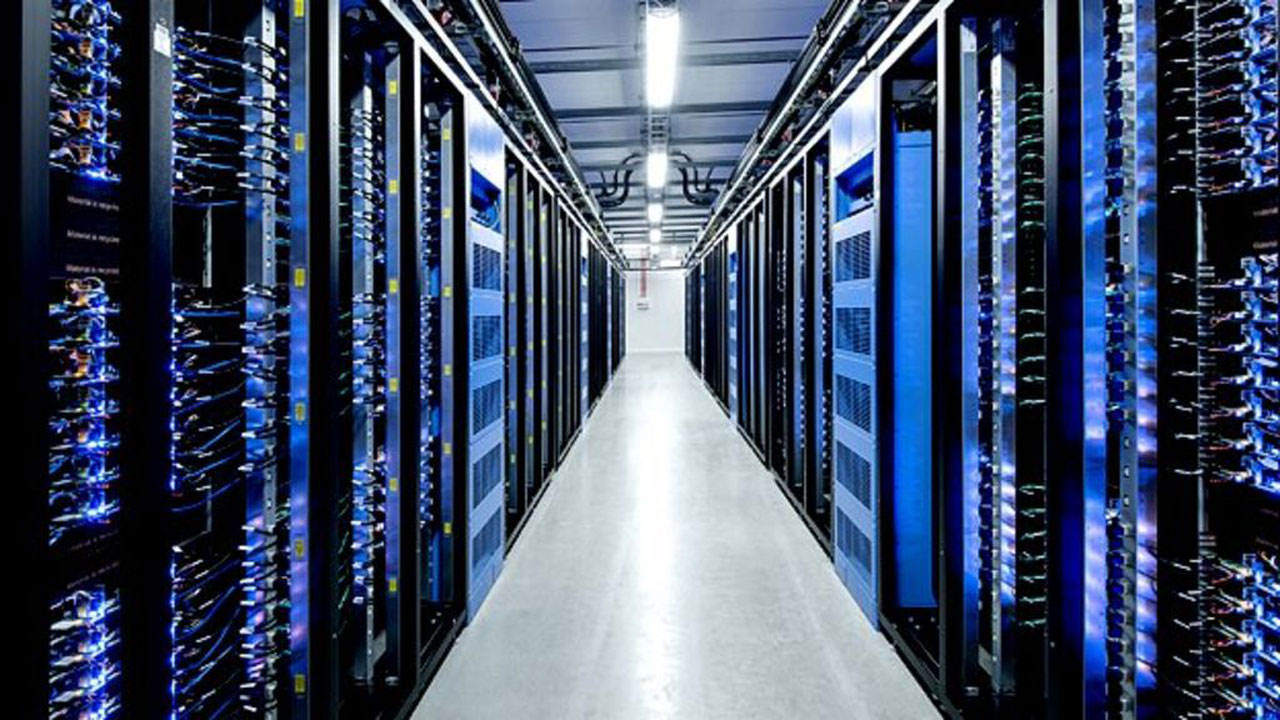 A significant challenge facing the development of data centres and indeed the telecoms sector in Nigeria is the country’s inadequate power infrastructure. While going green is an alternative, current expenditure on energy to keep services running is ballooning. ADEYEMI ADEPETUN writes on this crisis.
A significant challenge facing the development of data centres and indeed the telecoms sector in Nigeria is the country’s inadequate power infrastructure. While going green is an alternative, current expenditure on energy to keep services running is ballooning. ADEYEMI ADEPETUN writes on this crisis.
There has been significant growth in Nigeria’s digital economy in recent years, with more organisations relying on digital technologies, which has driven growth in demand for data centres to provide the necessary infrastructure to support these operations.
Factors such as the adoption of cloud computing, broadband penetration, and a growing middle class have combined to drive increased data consumption and the expansion of data centre facilities in Nigeria.
While Nigeria is considered a regional tech hub, the average download speed of wired Internet is still relatively slow, a tenth of what obtains in Denmark, according to Analysing Africa, a weekly newsletter focusing on the continent.
Nigeria is only just coming into this arena, while across the globe, much more data centre capacity has been deployed as critical infrastructure in advanced markets, providing secure and reliable storage, processing, and management of digital data.
Over 11 Data Centres and counting
TODAY, there are over 11 data centres in Nigeria, with the highest number in urban locations like Lagos, Abuja and Kano and an investment value of over $600 million. The market size is projected to hit $2.20 billion by 2028 and is expected to grow at a compound yearly growth rate (CAGR) of 10.34 per cent.
Local capacity is expected to grow by a CAGR of 23.24 per cent of the projected global $517 billion size by 2030.
Data Centres operating in Nigeria include MDXi Data Centres, an Equinix Company, Open Access Data Centre (OADC) by WIOCC Group Company, Rack Centre, 21st Century, and ADC, among others. As of 2021, Lagos, Nigeria’s commercial capital, claimed to have attracted more than $1billion in data centre investments.
The Guardian checks showed that these operators collectively offer approximately 55MW computing power across data centres in Tier 3 and 4 categories. However, daunting challenges continue to besiege their operations including rising energy costs, diesel price increases, multiple taxation, government agencies (MDAs) shunning in-country data hosting, as well as other broader policy issues.
Nigerian factor weighs in on operations
CHAIRMAN of the Association of Licensed Telecommunications Operators of Nigeria (ALTON), Gbenga Adebayo, noted that the cost of doing business in Nigeria has risen sharply in recent months. According to him, these include macroeconomic headwinds such as inflation, currency devaluation, difficulty in accessing forex at affordable rates, and the increasing cost of securing telecommunications facilities, among others.
For data centre companies, recent increases in energy costs, foreign exchange issues and the spike in the cost of diesel are negatively impacting cost levels. Diesel generators, which provide backup to the unstable grid have become the primary sources of power for most businesses in Nigeria, with the diesel price per litre fluctuating between N855 and N1,400.
According to experts, due to the instability in the forex segment, diesel-powered electricity now costs over N500/kWh
200% rise in energy cost threatens operations
THESE recent spikes in electricity tariff rates and diesel prices have pushed up data centre operating expenses by as much as 200 per cent.
In a chat with The Guardian, General Manager, Data Centre Operations, at MDXi, an Equinix Company, Innocent Itsukwi, said these significant increases pose a considerable challenge for the industry. He said despite these difficulties, the industry has managed to maintain a high level of service quality, highlighting the commitment of data centre operators to ensure business continuity.
Itsukwi noted further that data centre operators have not received any concessions from the government as operators continue to navigate these issues.
Outsourcing potential
THESE challenges, which have necessitated increases in data centre tariffs, represent a challenge to the growing industry as there is a need to maintain 100 per cent uptime, whether running on utility power, IPP, or generator.
While these surging data centre costs in Nigeria are a challenge for operators, outsourcing to commercial data centre operators also presents a strategic opportunity for businesses. This is because the rise in data centres tariffs pales in comparison to the crippling burden of utility costs for in-house IT infrastructure.
Companies maintaining in-house data centres mirror the very issues driving price hikes – massive upfront investment and ongoing resource drain for power, cooling, and skilled personnel and do not have the economies of scale to share those costs on a larger base.
So, while this nascent industry faces cost challenges, corporate outsourcing of data centre services may be the only route to unlock cost efficiency and allow Nigerian businesses to focus on their core strengths as they go through digital transformation.






